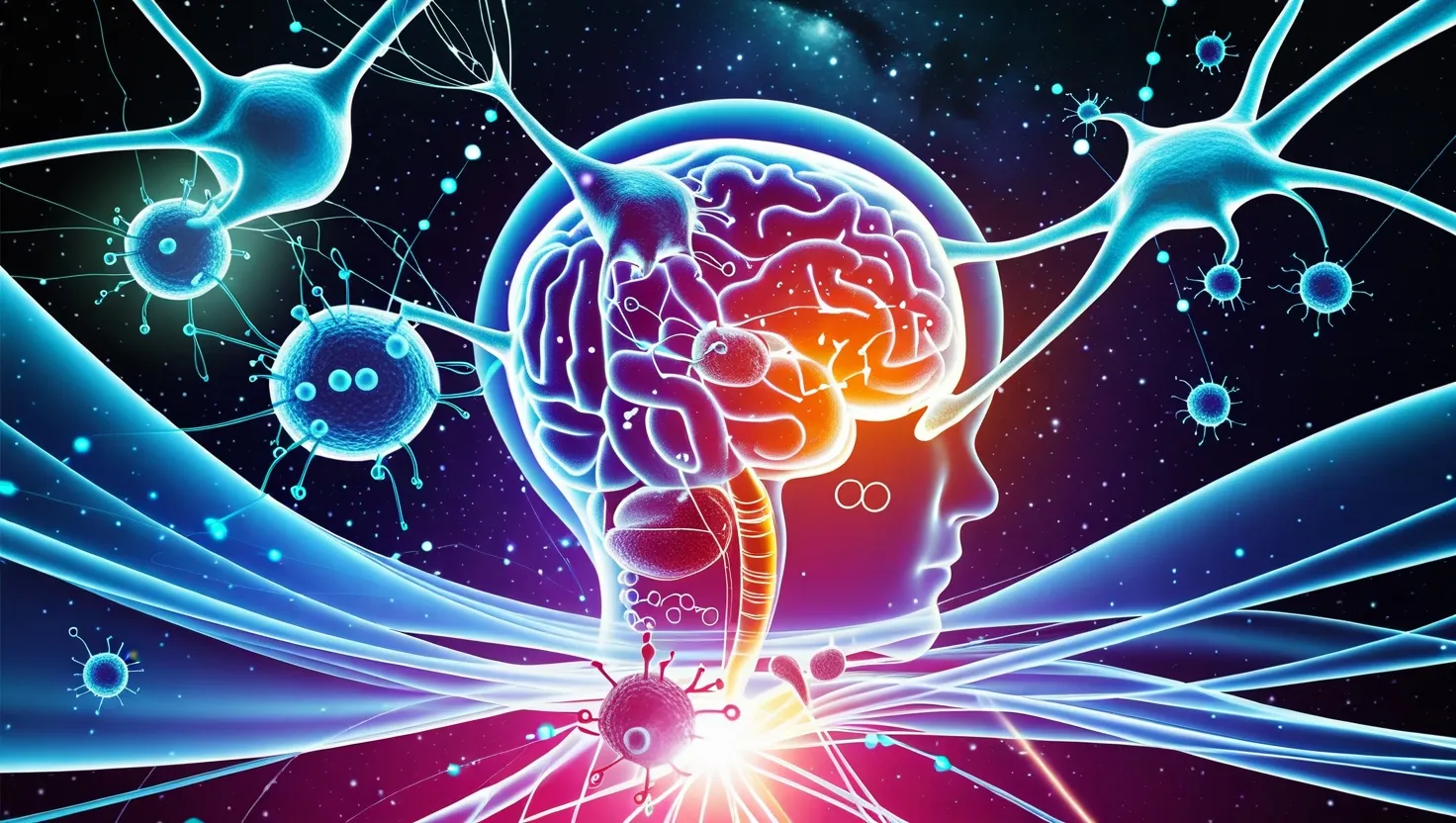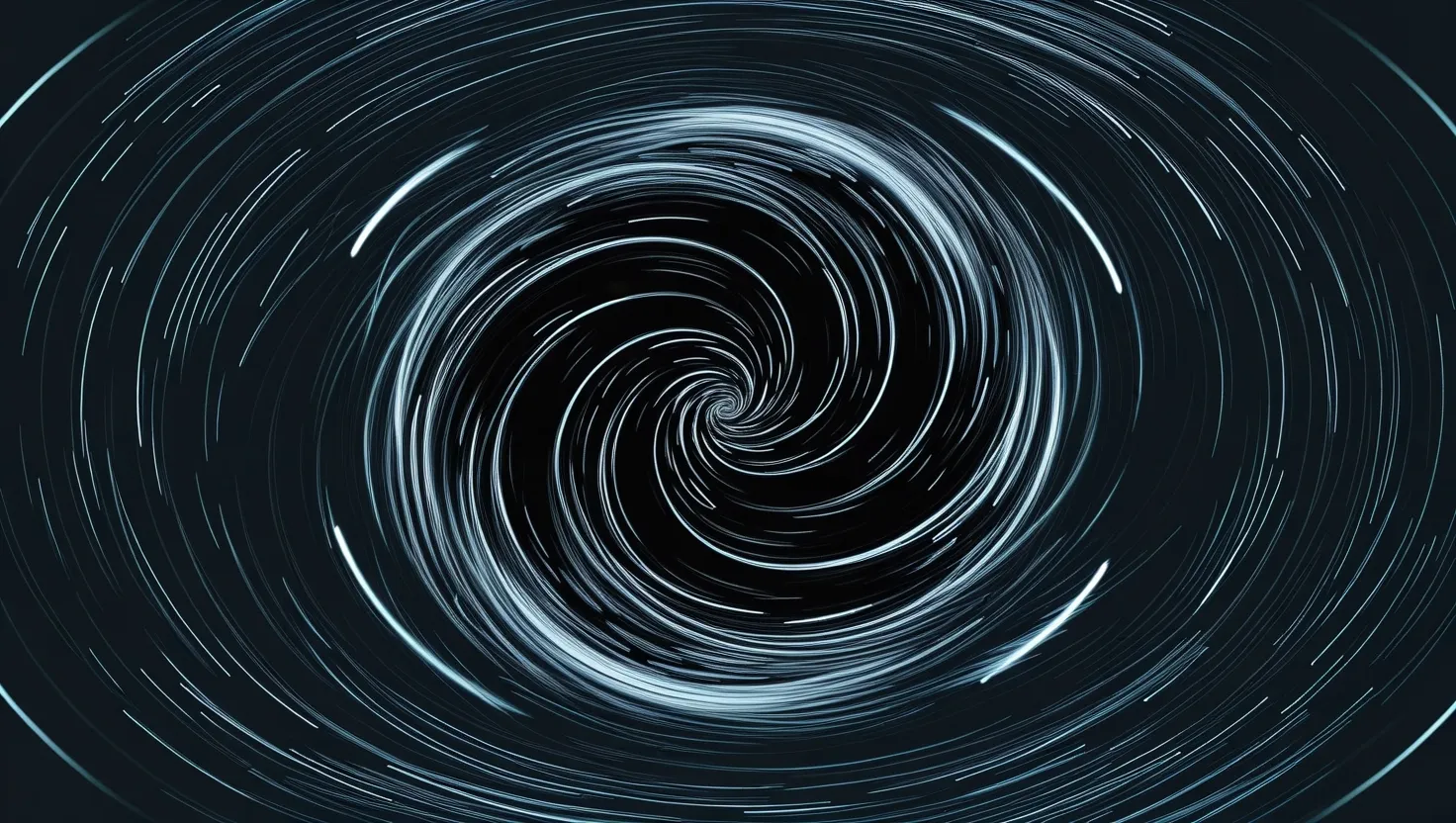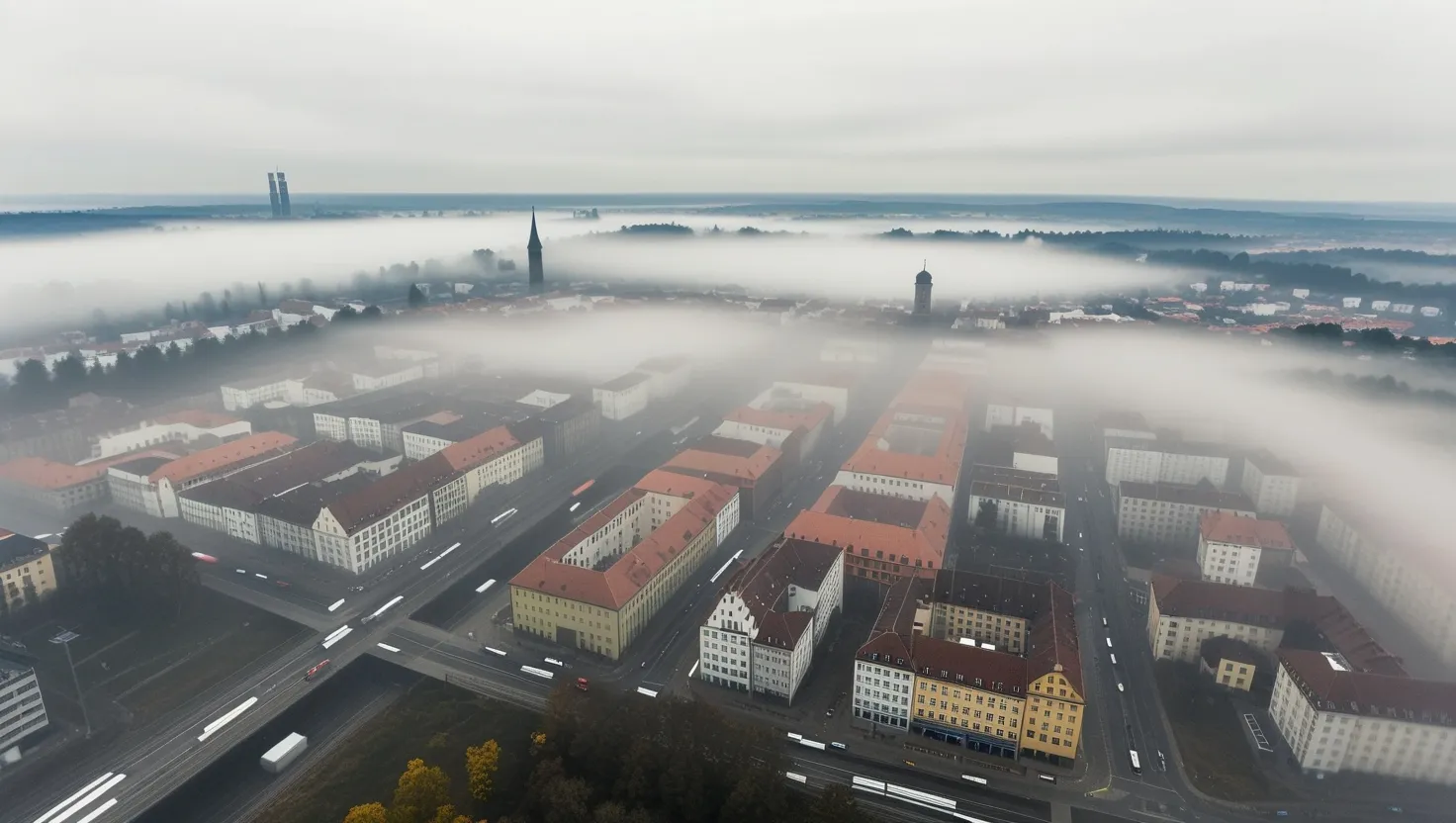Imagine a world where the tiny microbes in your gut are not just breaking down your last meal, but also influencing the very fabric of your reality. This idea, though it may sound like the stuff of science fiction, is being explored by scientists at the intersection of microbiology and quantum physics. The concept of a “quantum entangled microbiome” suggests that the trillions of bacteria living inside you could be more than just passive guests; they might be actively shaping your world through quantum effects.
To understand this mind-bending possibility, let’s start with the basics. Your gut is home to a vast array of microorganisms, collectively known as the microbiome. These microbes are not just random inhabitants; they have evolved alongside humans and play a crucial role in our health, from digestion and metabolism to immunity and even mental well-being. Recent research has shown that these microbes can influence our brain and behavior, a phenomenon known as the “gut-brain axis.” But what if their influence goes beyond the classical realm and into the quantum?
Quantum mechanics, the branch of physics that governs the behavior of tiny particles, is full of strange and counterintuitive phenomena. One of the most fascinating is quantum entanglement, where two or more particles become connected in such a way that their properties are correlated, regardless of the distance between them. This means that if something happens to one particle, it instantly affects the other, even if they are separated by vast distances.
Researchers have recently discovered that certain bacteria, like green sulfur bacteria, can exploit quantum mechanics to protect themselves from oxygen damage. These bacteria use light to produce energy, a process called photosynthesis, but oxygen can be harmful to their delicate equipment. To mitigate this, they employ quantum effects to manage the energy flow within their photosynthetic proteins. This is not just a passive process; it’s an active exploitation of quantum mechanics to survive.
But what if this is not an isolated phenomenon? What if the bacteria in your gut are also entangled, not just with each other, but with the world around you? This idea is not as far-fetched as it sounds. Experiments have shown that bacteria can become entangled with light particles, creating a state where the bacteria and light are connected in a way that transcends classical physics. This entanglement could potentially allow the bacteria to process information in ways that classical computers cannot, essentially acting as a biological quantum computer.
The implications of this are staggering. If your gut bacteria are entangled and processing information quantumly, could they be influencing your decisions and perceptions in subtle but profound ways? Some researchers suggest that this could explain phenomena like intuition or collective consciousness. Imagine that the “gut feeling” you get about a situation is not just a metaphor, but a real, quantum-based communication from your microbiome.
This theory also raises questions about the nature of reality itself. If our gut bacteria are entangled, are they tapping into parallel universes or alternate realities? The concept of the multiverse, where every possibility exists in a separate universe, is a staple of quantum theory. Could our microbiome be a gateway to these other realities, influencing our choices and experiences in ways we cannot fully comprehend?
While this sounds like the realm of speculative science fiction, there are real-world observations that support the idea. For instance, studies have shown that certain gut microbes can produce molecules that signal directly to neurons, regulating their activity and influencing mood and behavior. The vagus nerve, often referred to as the “internet connection” between the brain and the gut, plays a crucial role in this communication. If these microbes are entangled, their influence could extend far beyond the physical realm.
However, it’s important to note that this is still a highly speculative area of research. The experiments that have shown entanglement in bacteria are complex and require careful interpretation. While the data is intriguing, it does not yet prove that our gut bacteria are influencing reality through quantum entanglement.
Despite the uncertainties, the potential implications are too significant to ignore. If our microbiome is indeed acting as a biological quantum computer, it could revolutionize our understanding of health, consciousness, and even the nature of reality. It could also open up new avenues for treating mental health conditions and improving cognitive function.
As we delve deeper into this fascinating blend of microbiology and quantum physics, we are forced to question everything we thought we knew about our bodies and their impact on the world. Are we walking quantum processors, with our gut calling the shots? The answer, for now, remains in the realm of speculation, but the journey to find out is one of the most exciting and mind-bending adventures in modern science.
In the end, the idea of a quantum entangled microbiome challenges us to rethink our place in the universe. It suggests that we are not isolated individuals but part of a larger, interconnected web of life that extends beyond the classical boundaries of space and time. Whether this theory proves true or remains a fascinating hypothesis, it reminds us of the awe-inspiring complexity and mystery of the human body and the world around us. So, the next time you feel that inexplicable gut feeling, you might wonder: is it just your stomach, or is it something much more profound?






